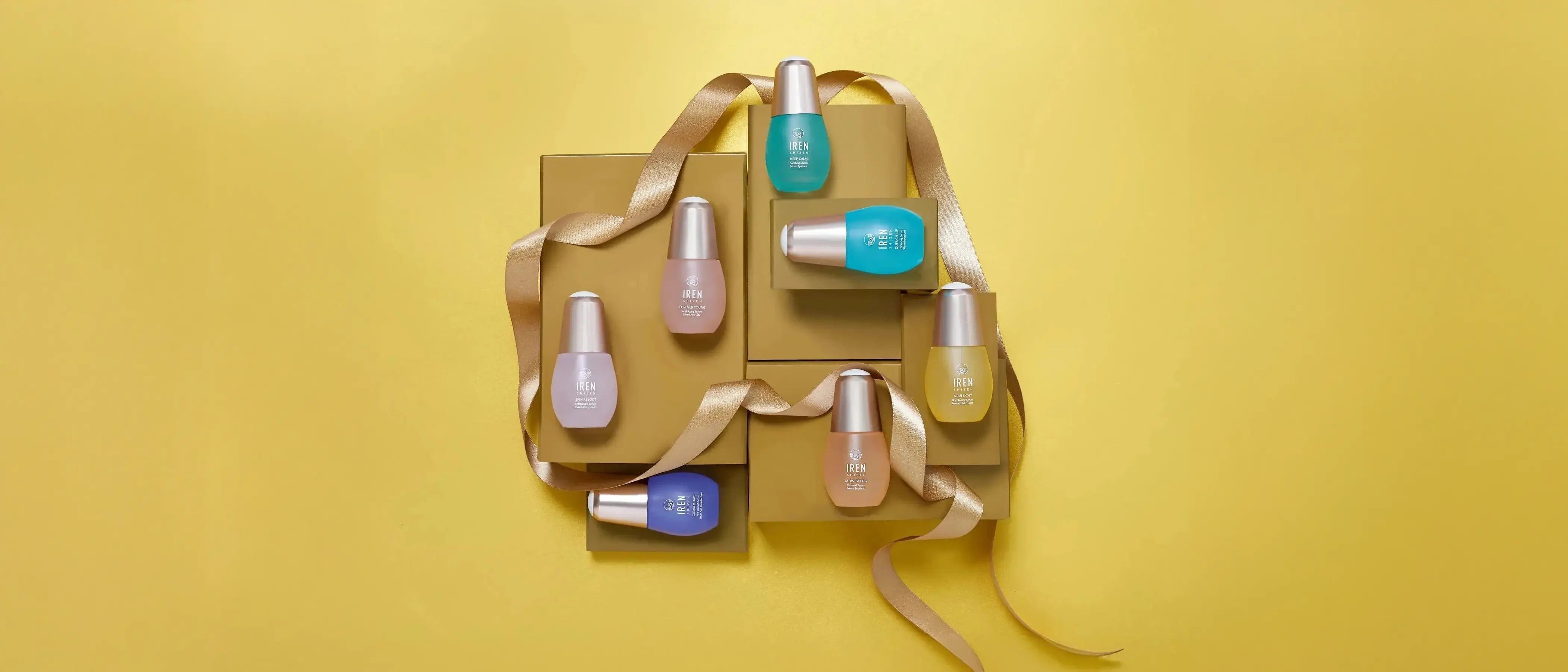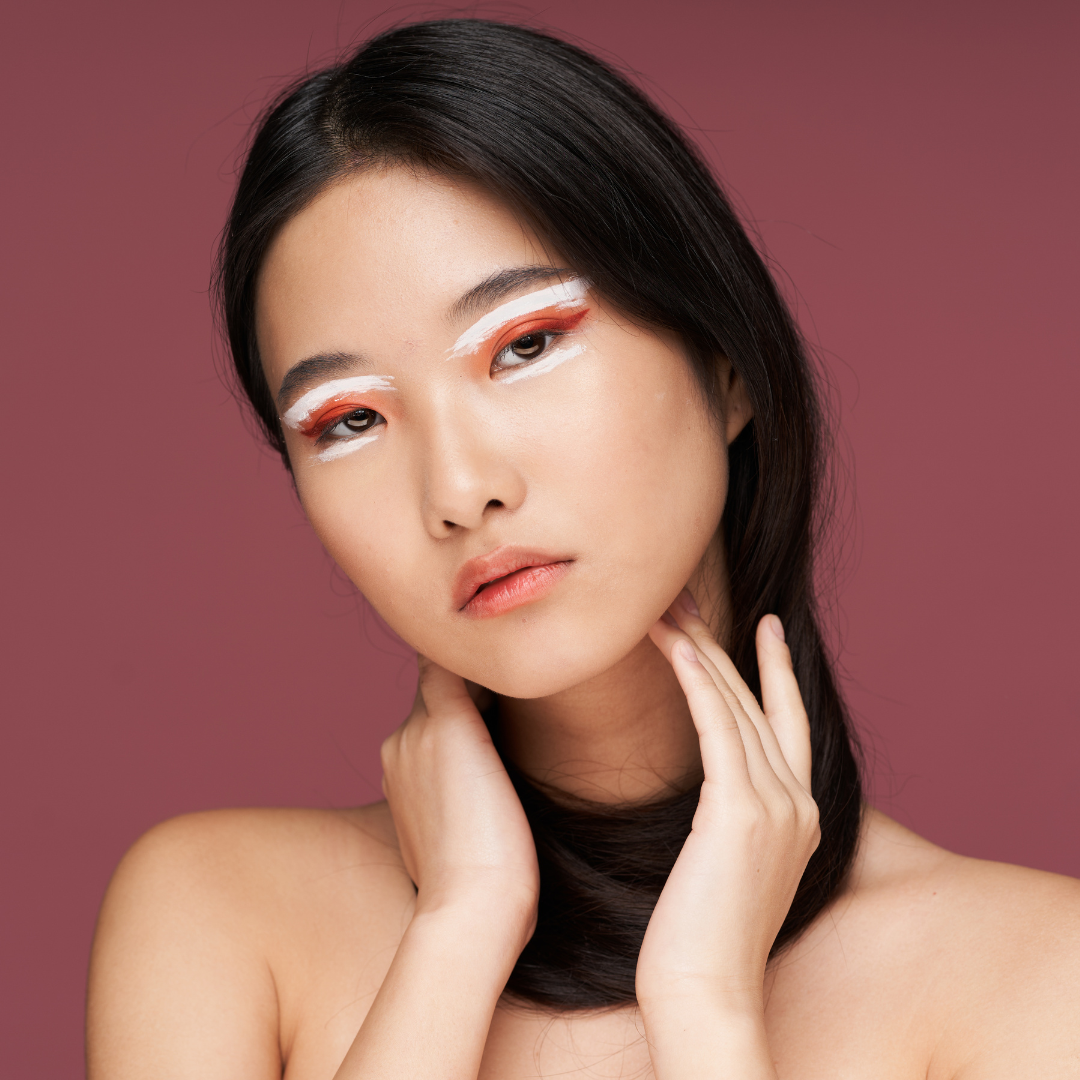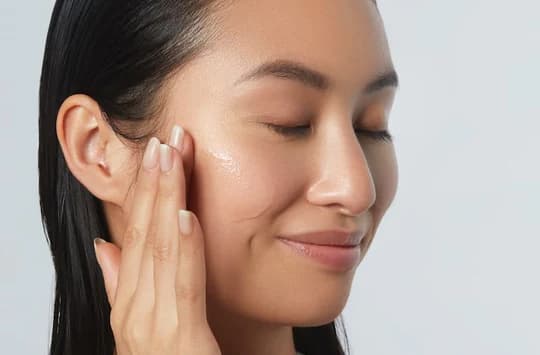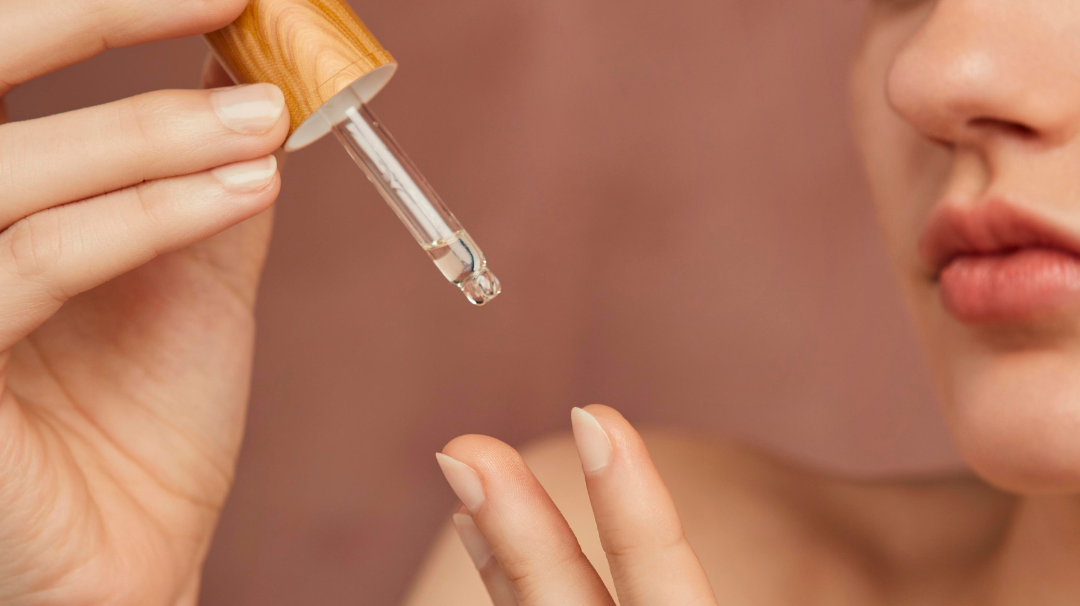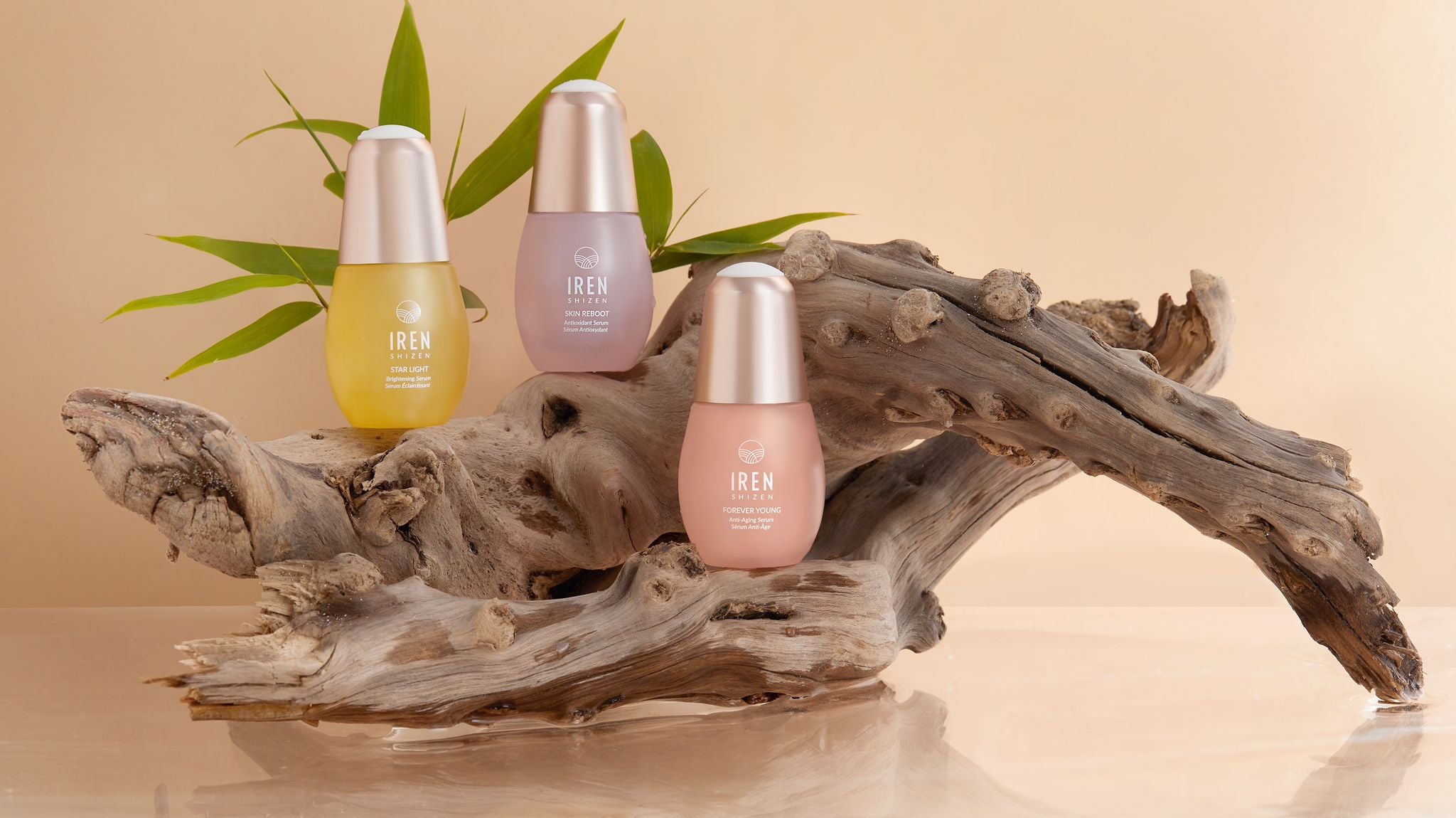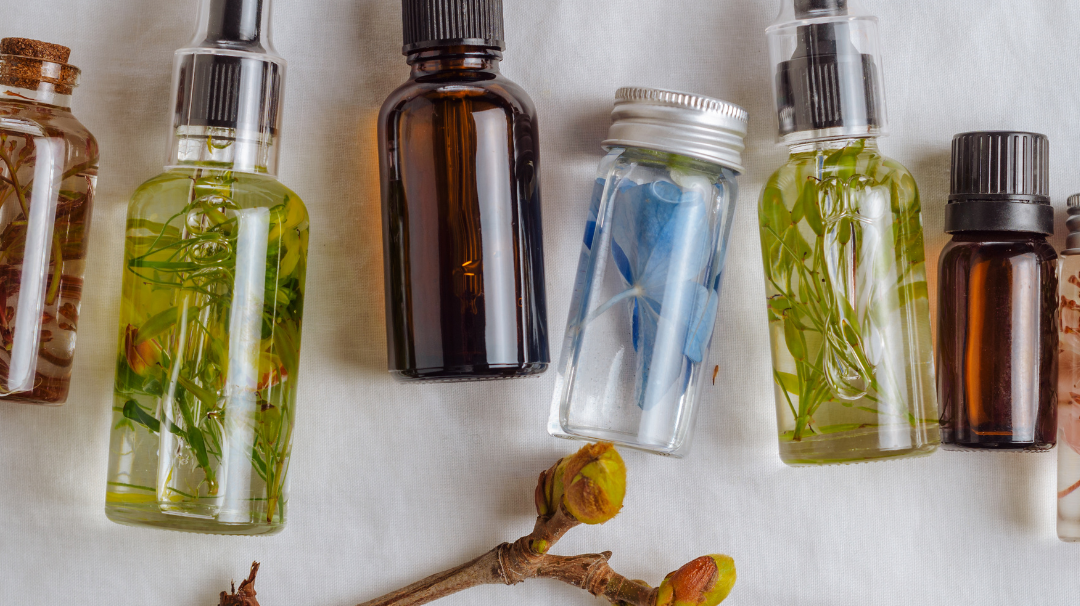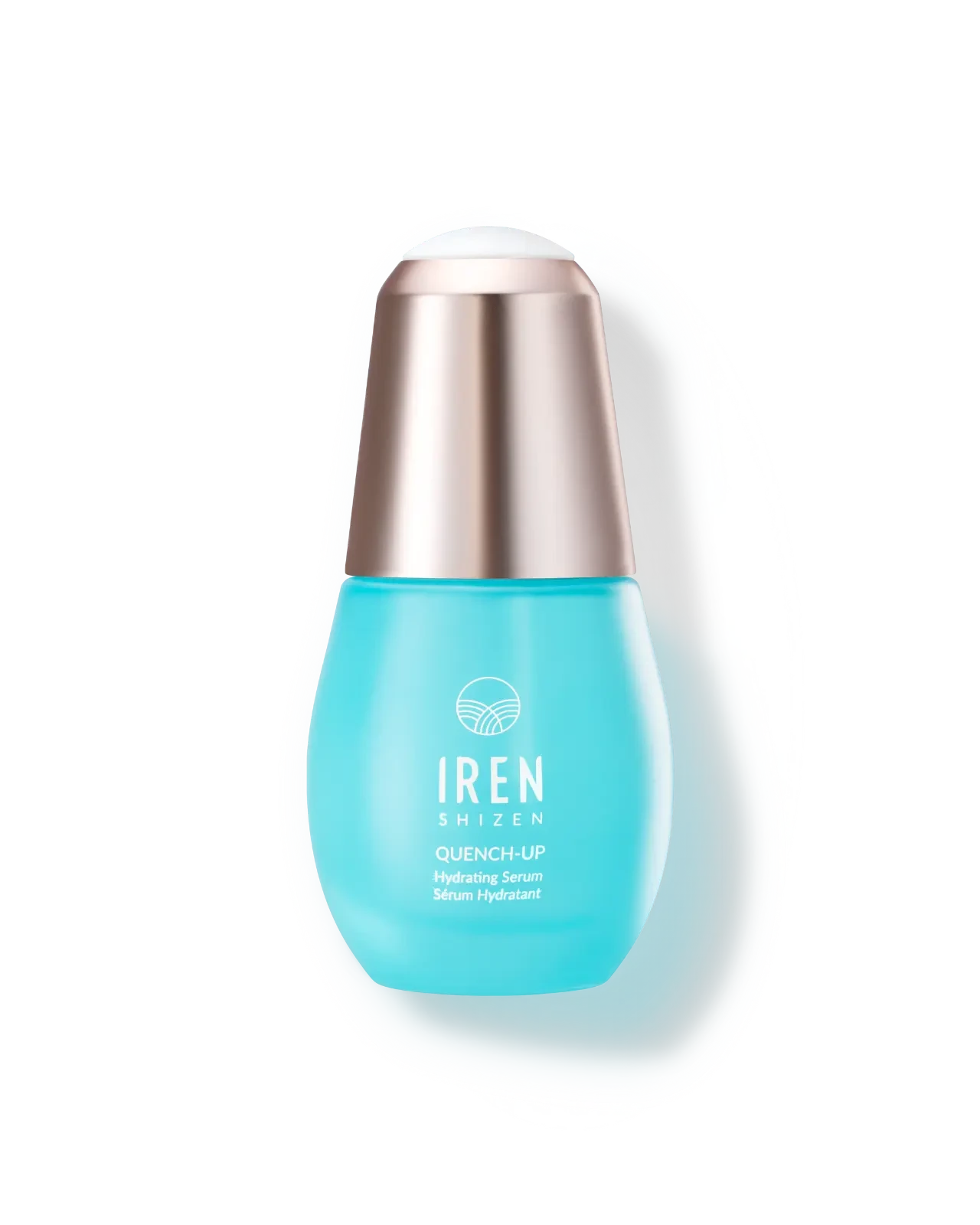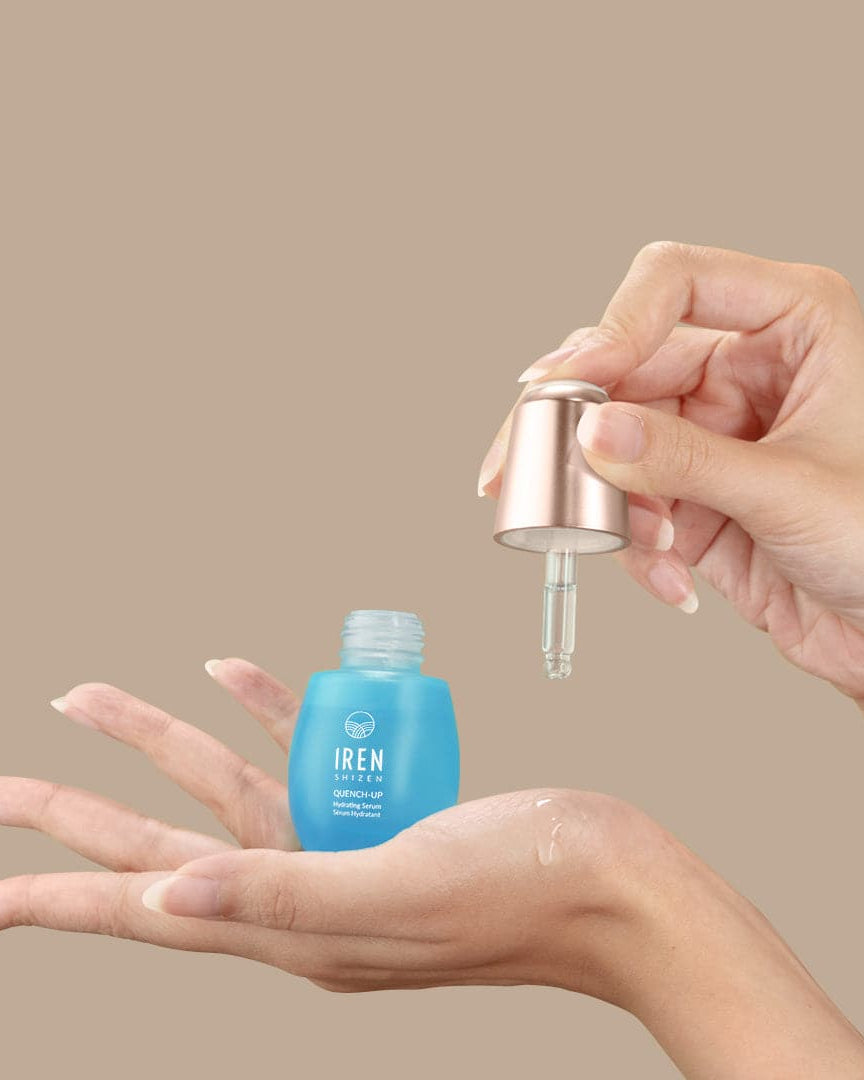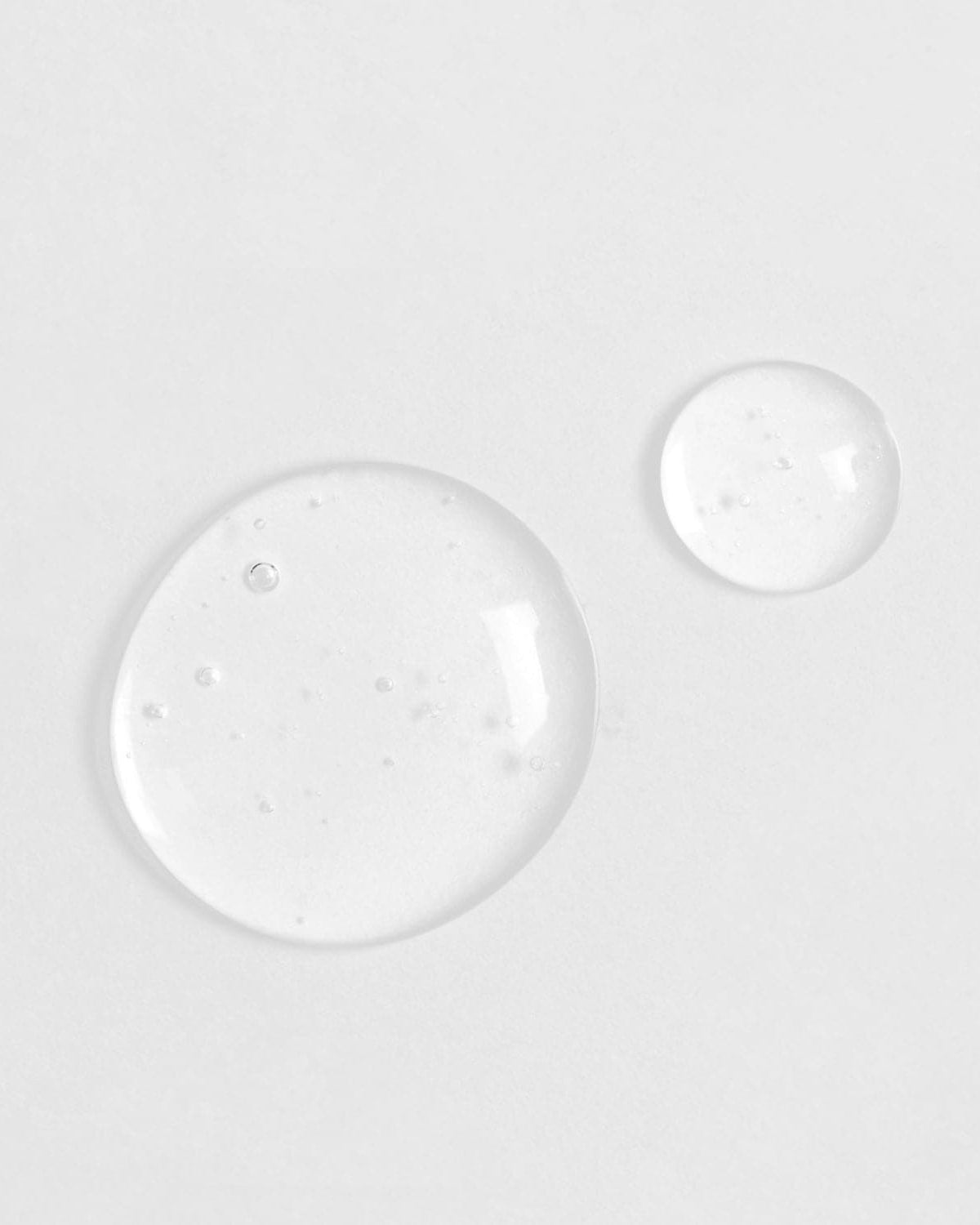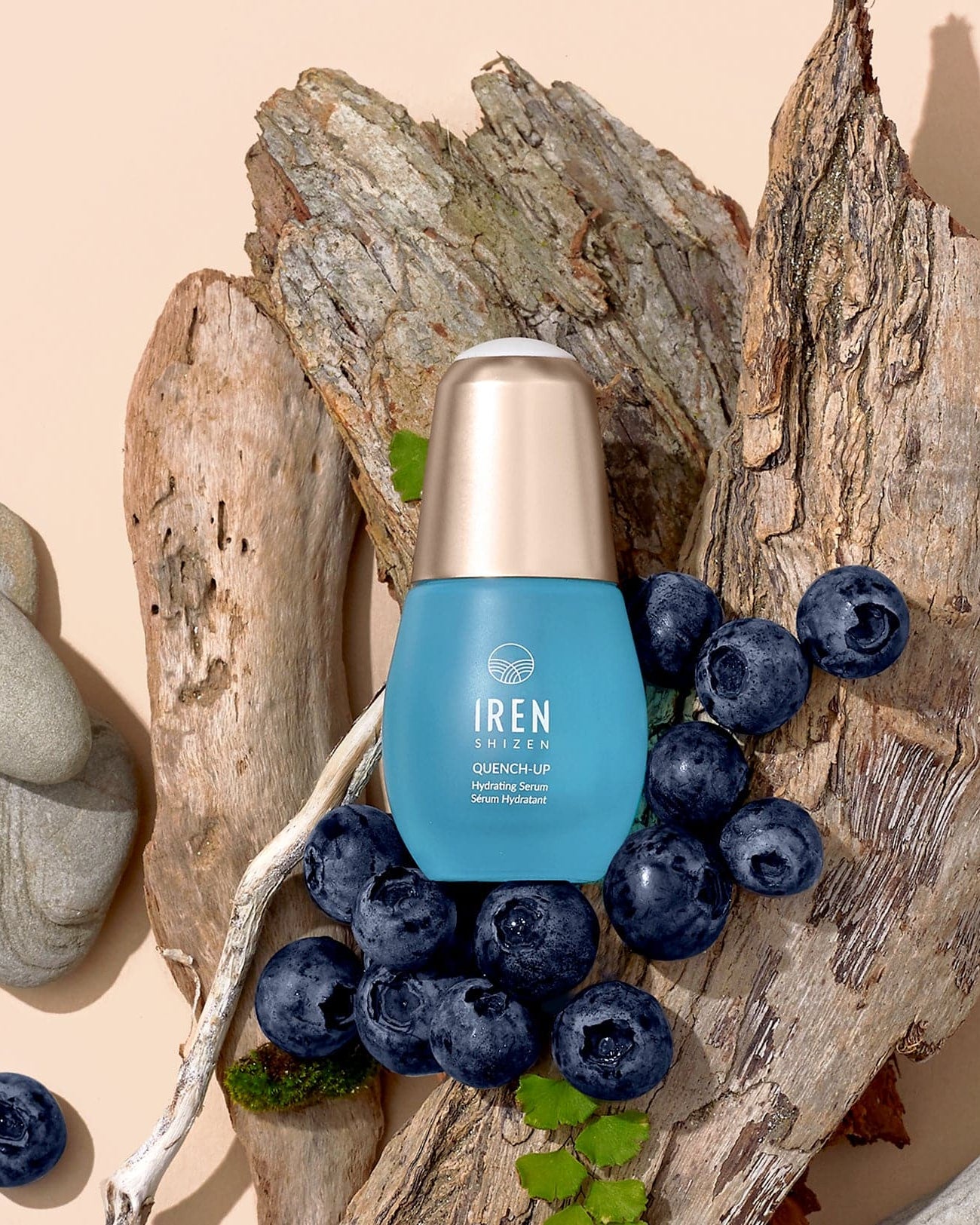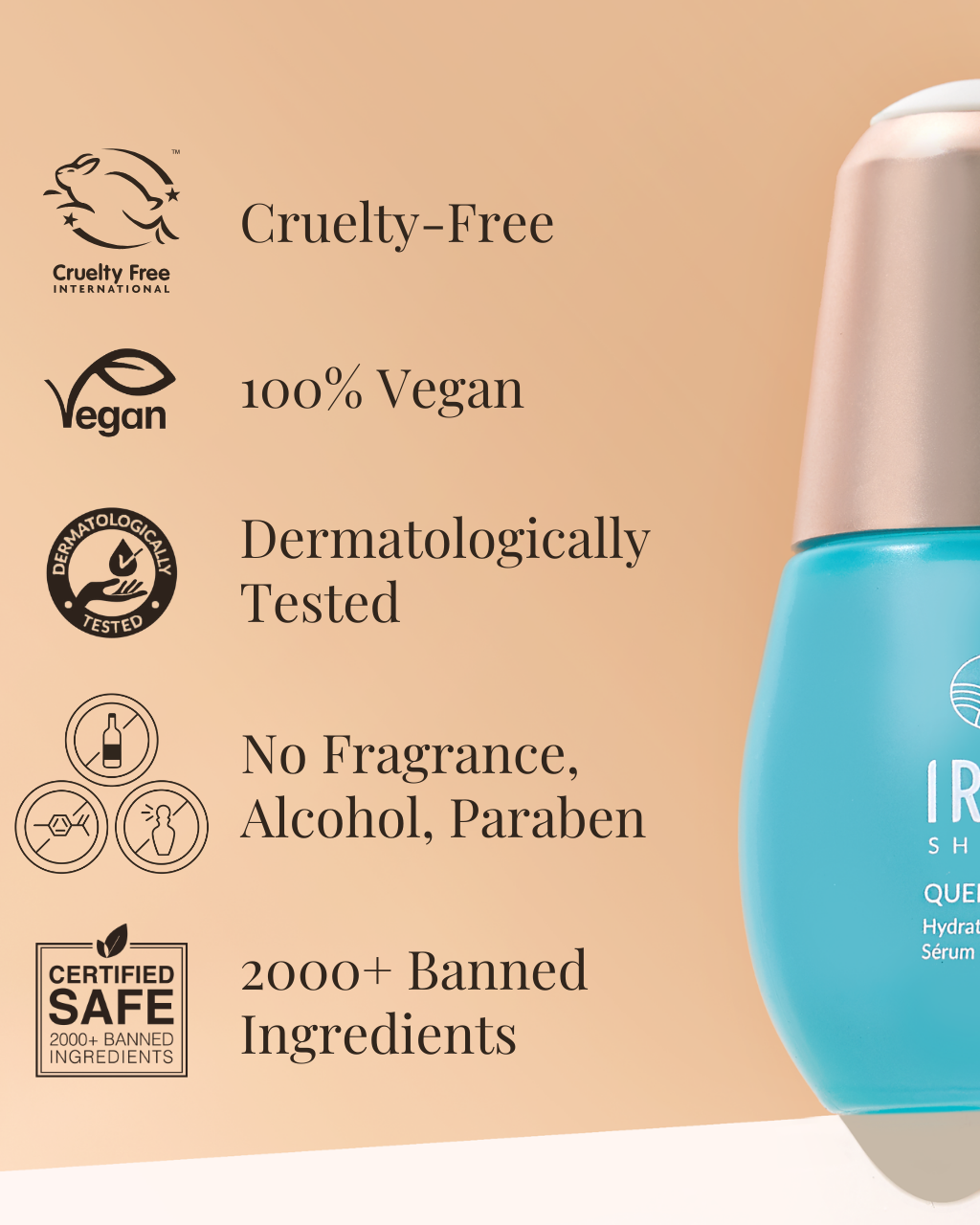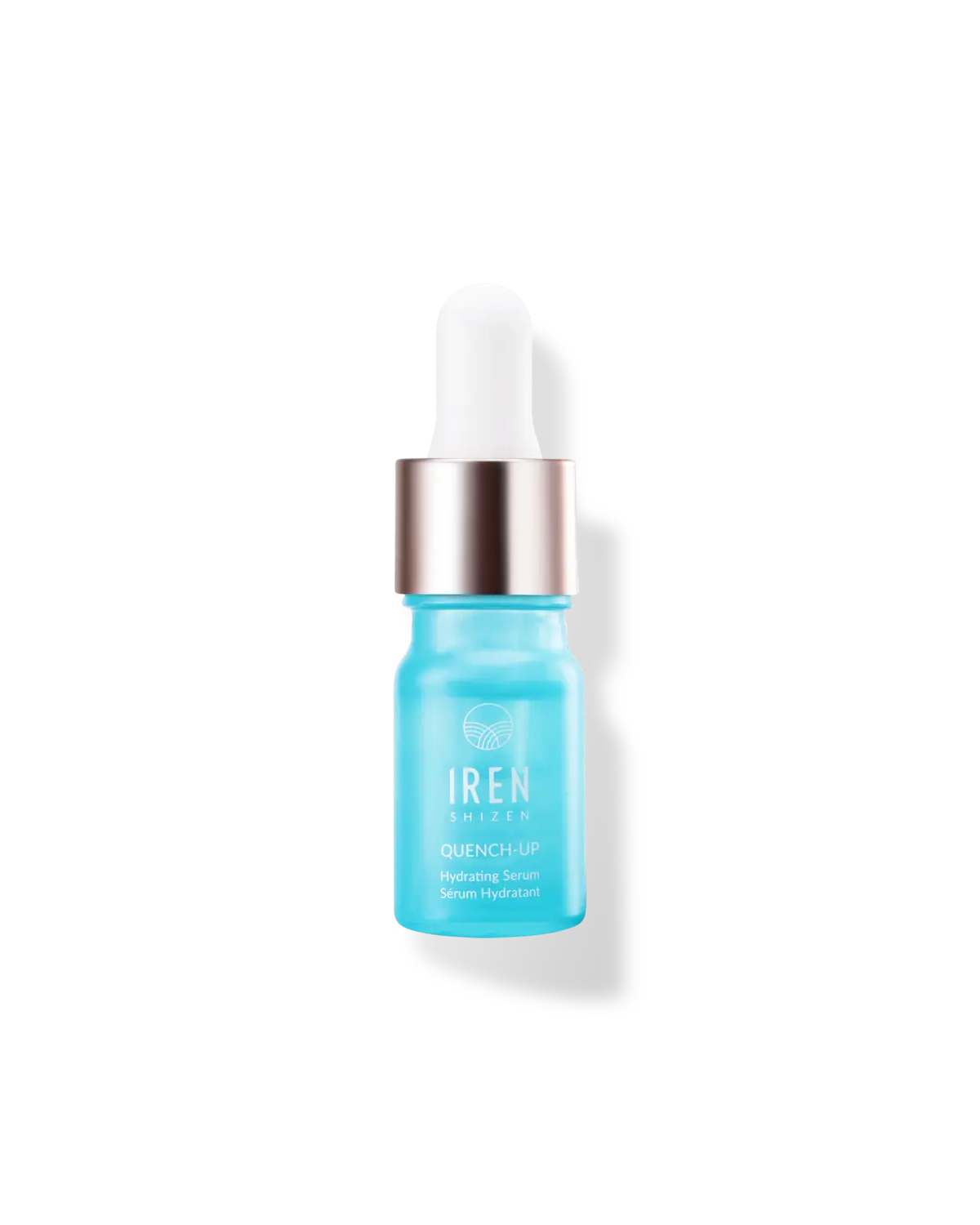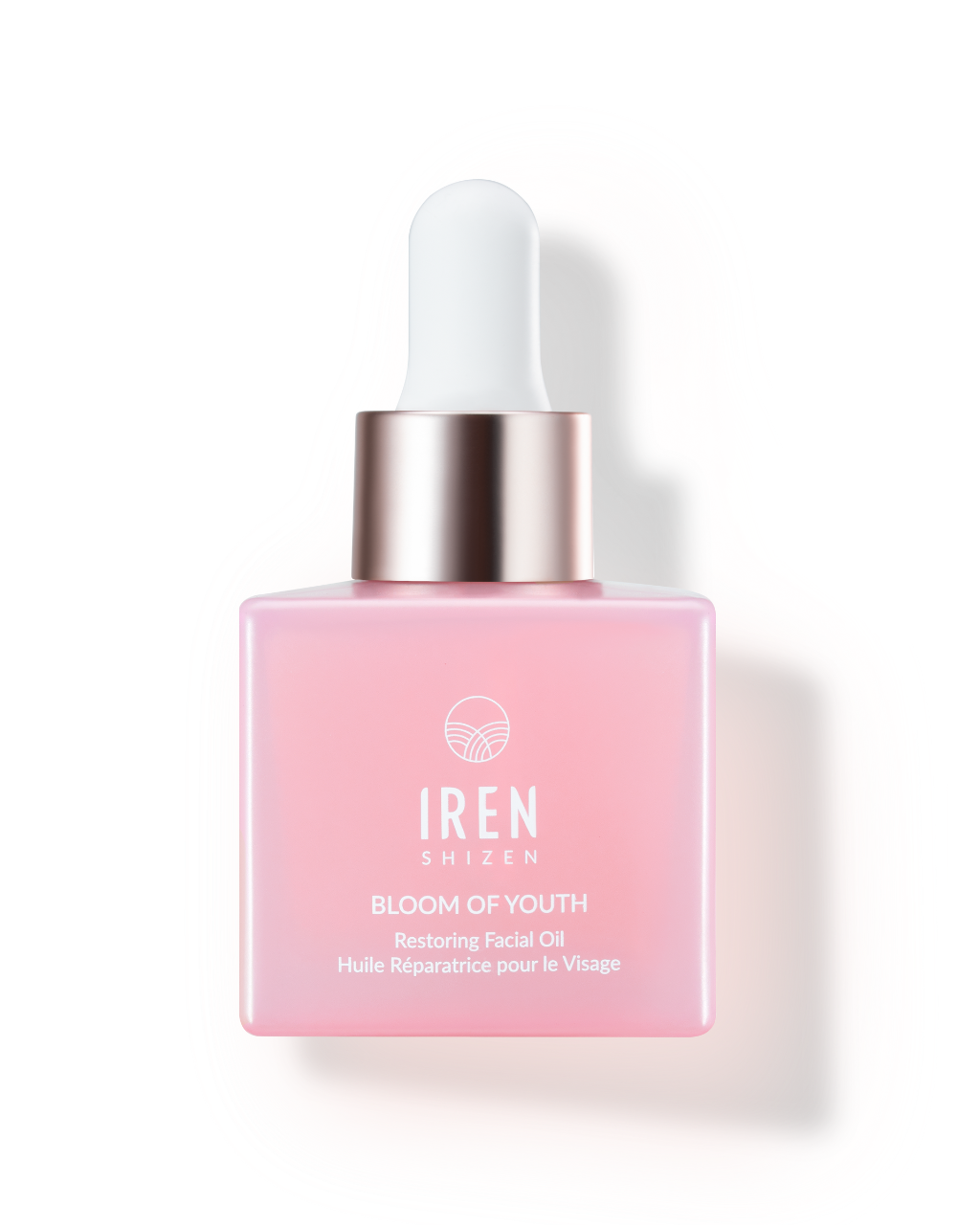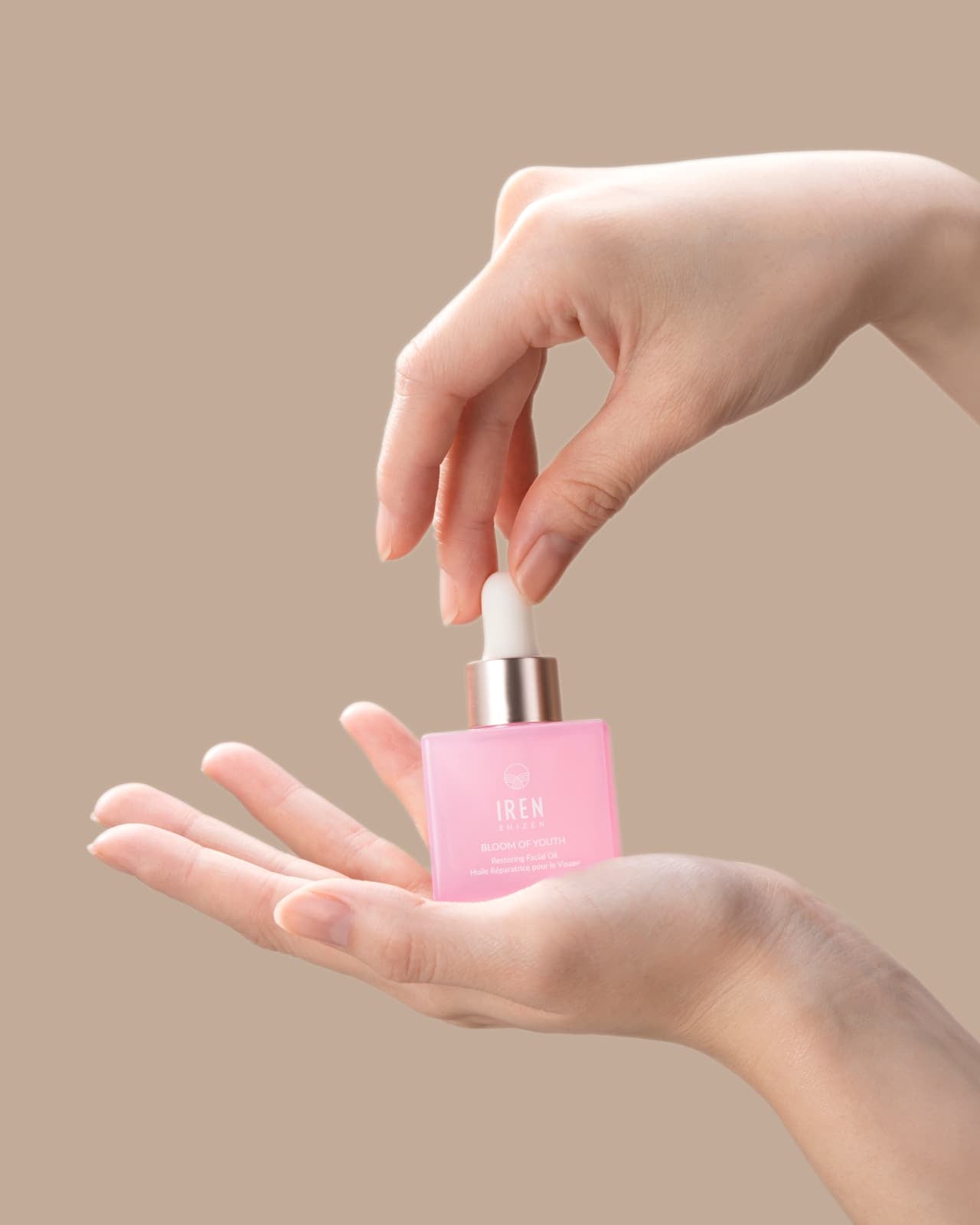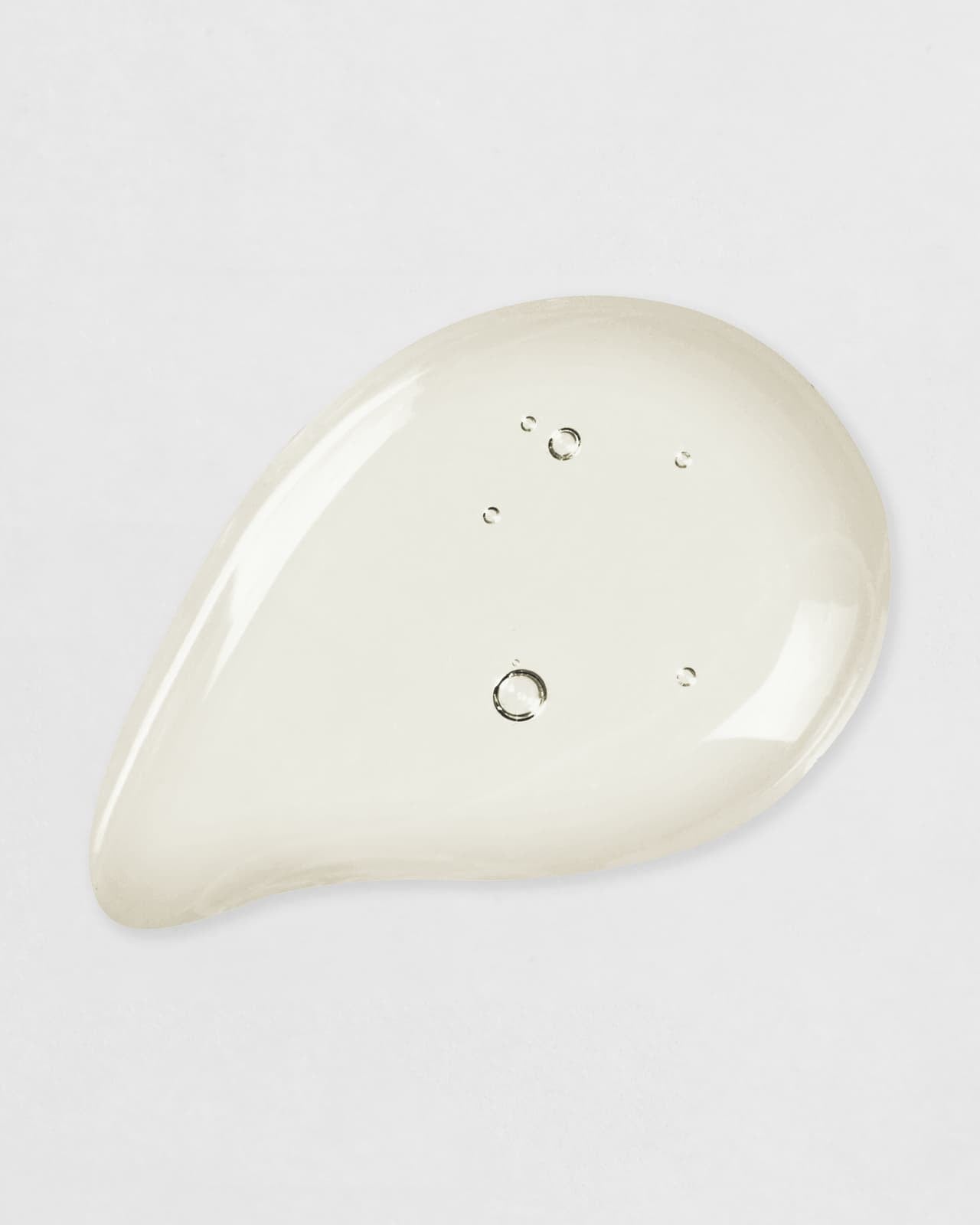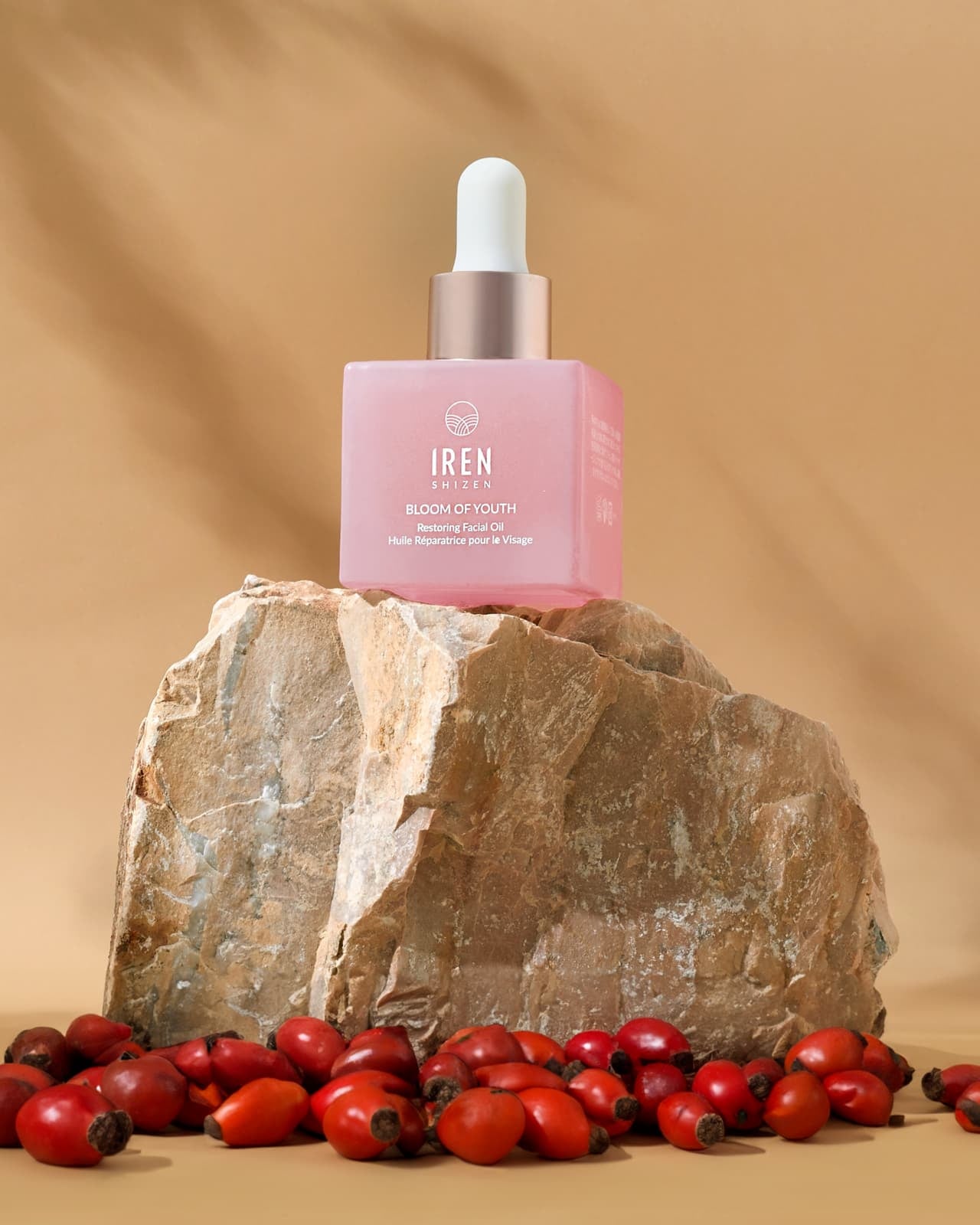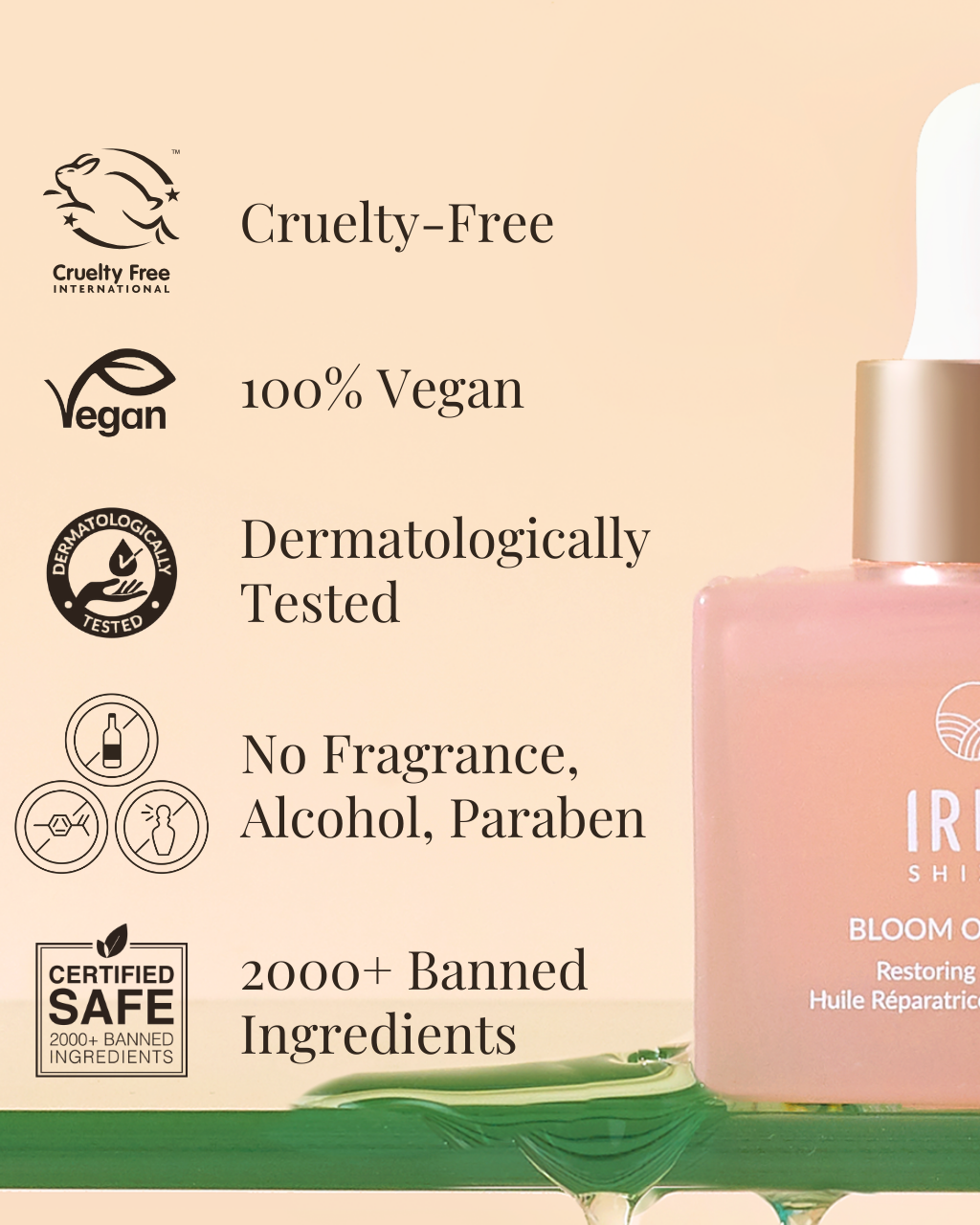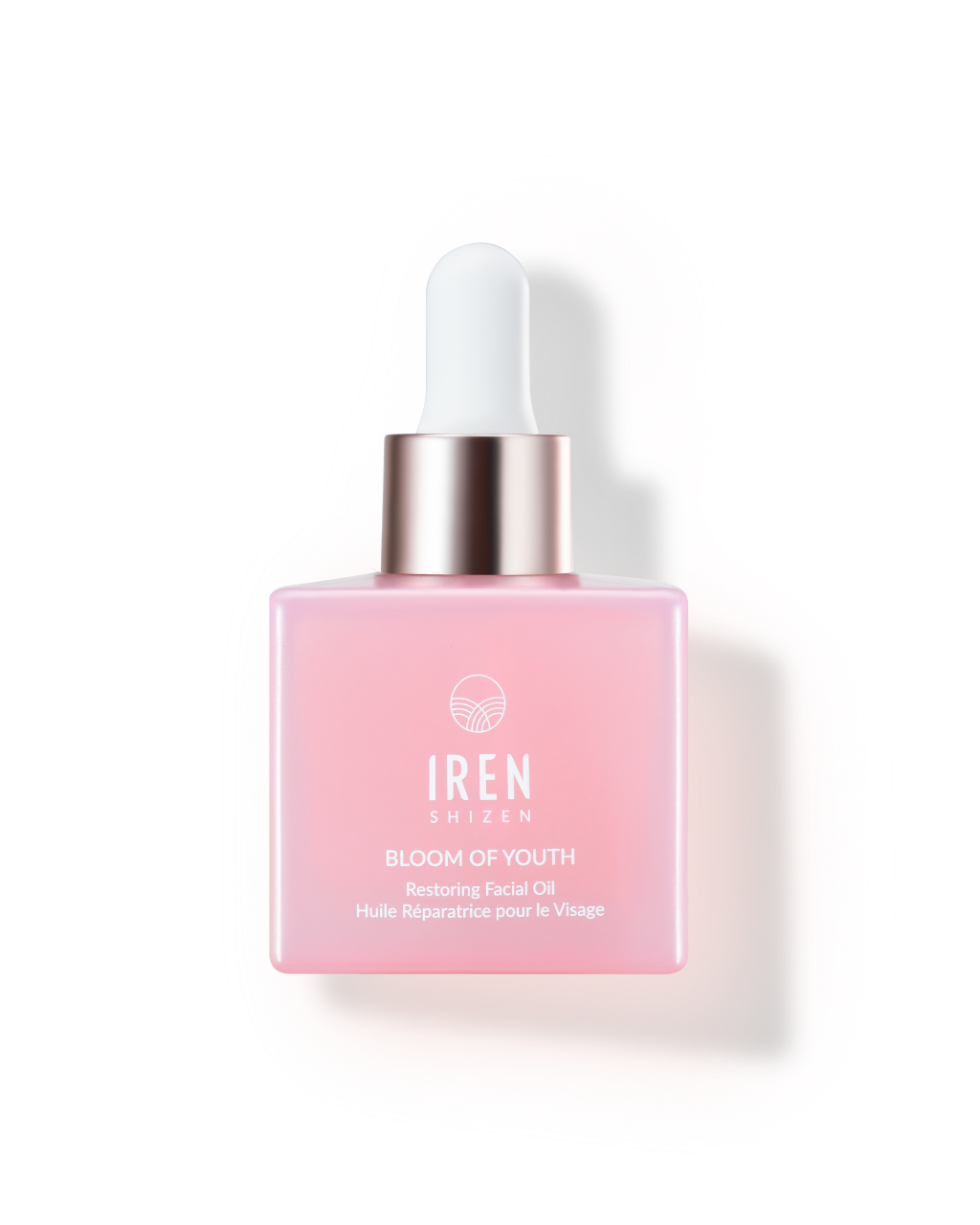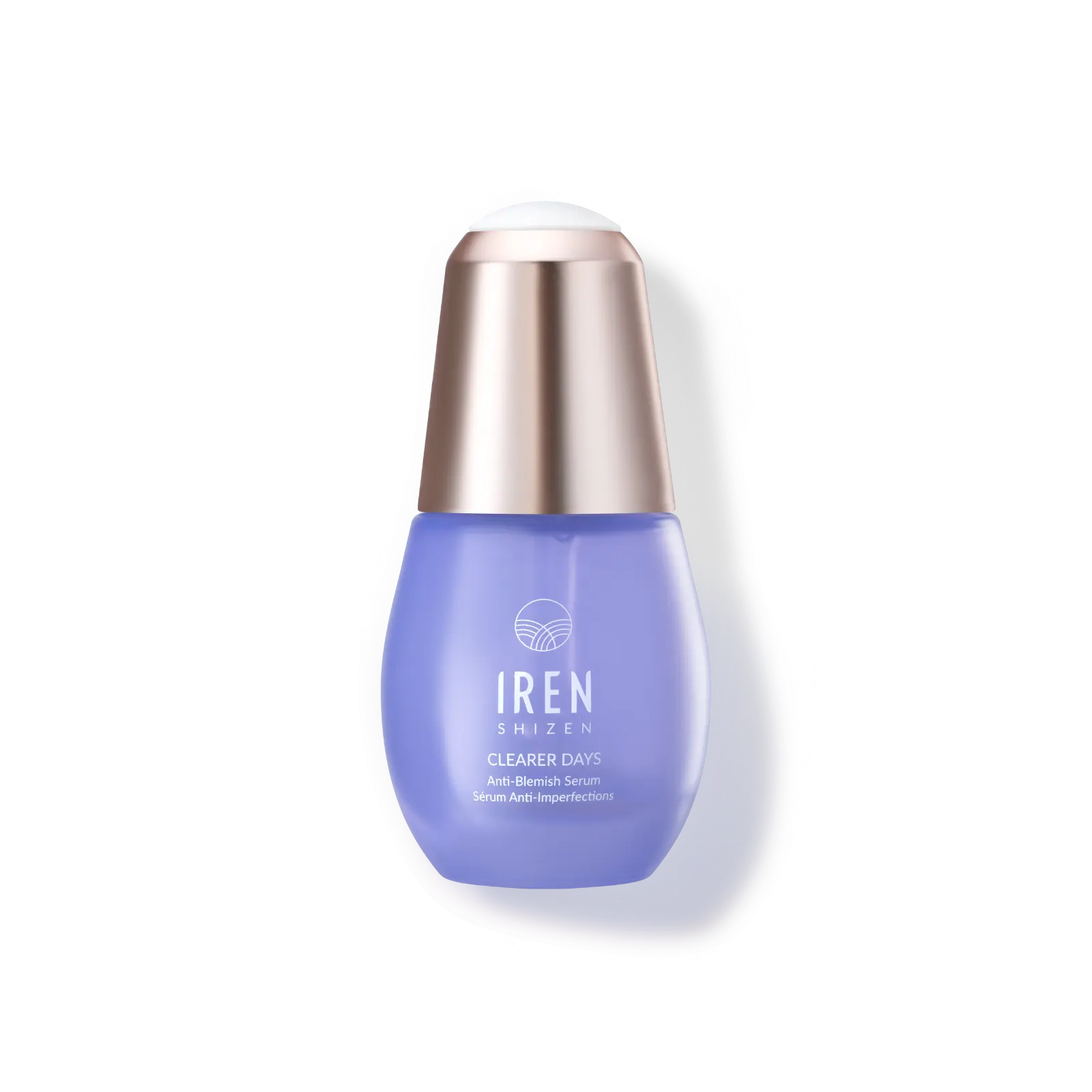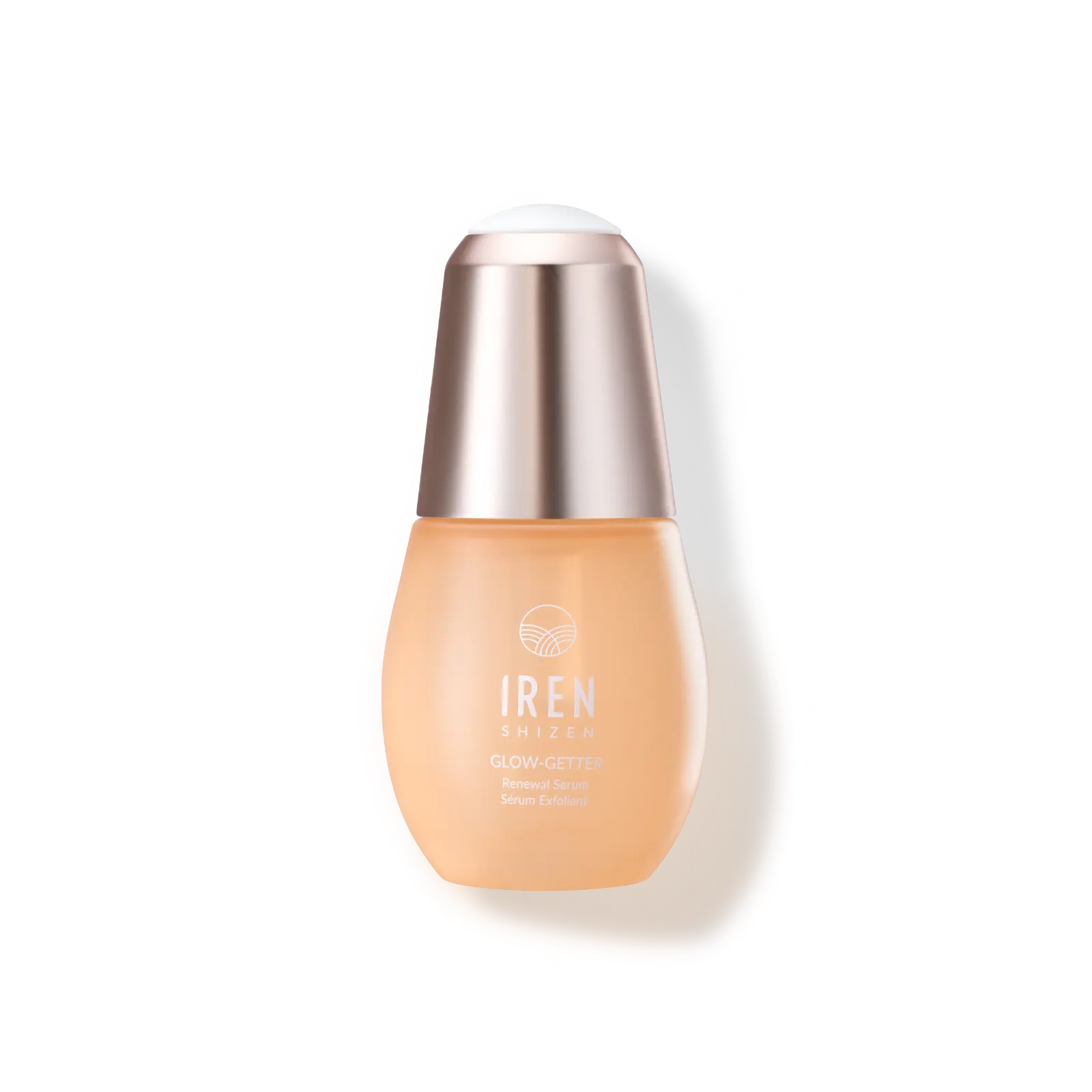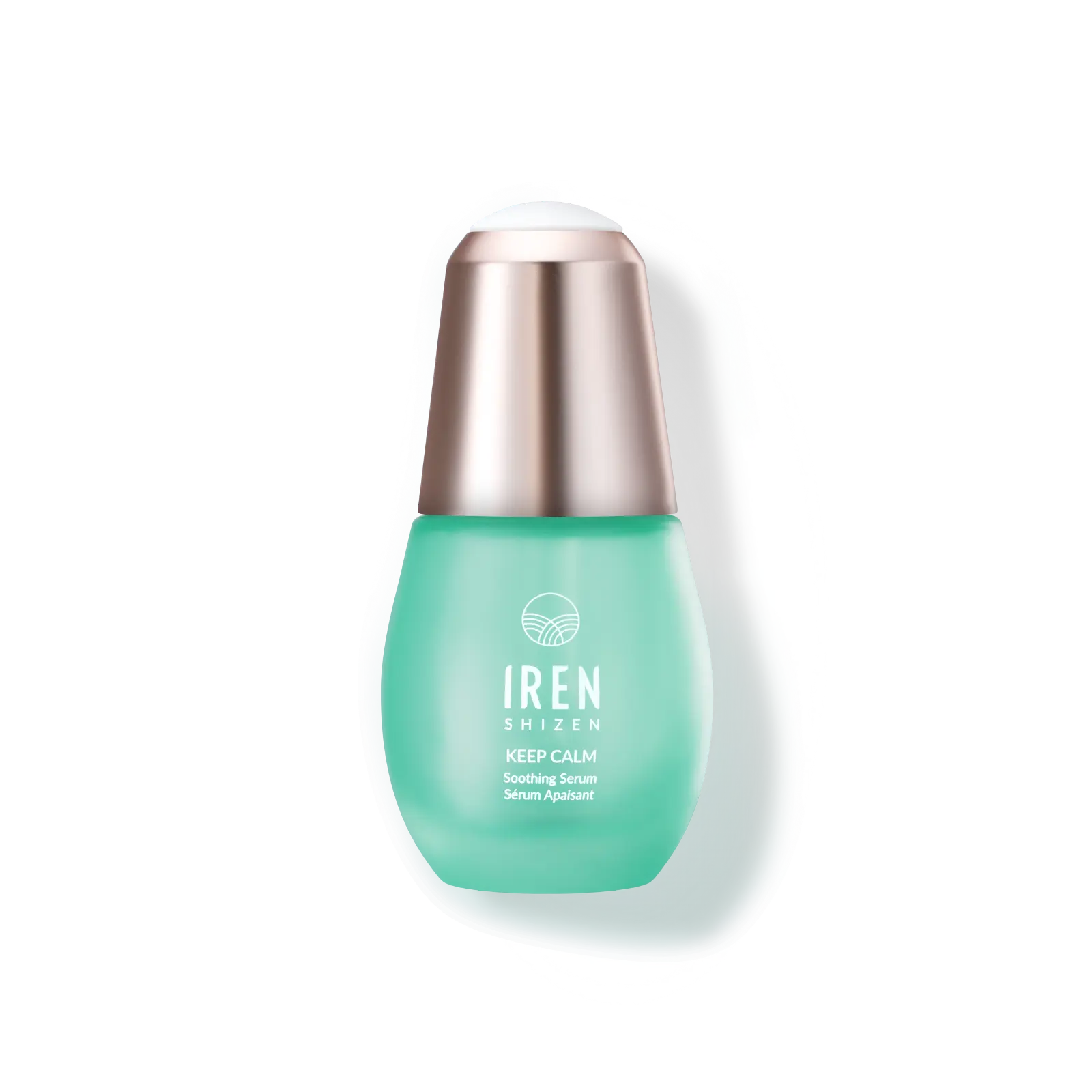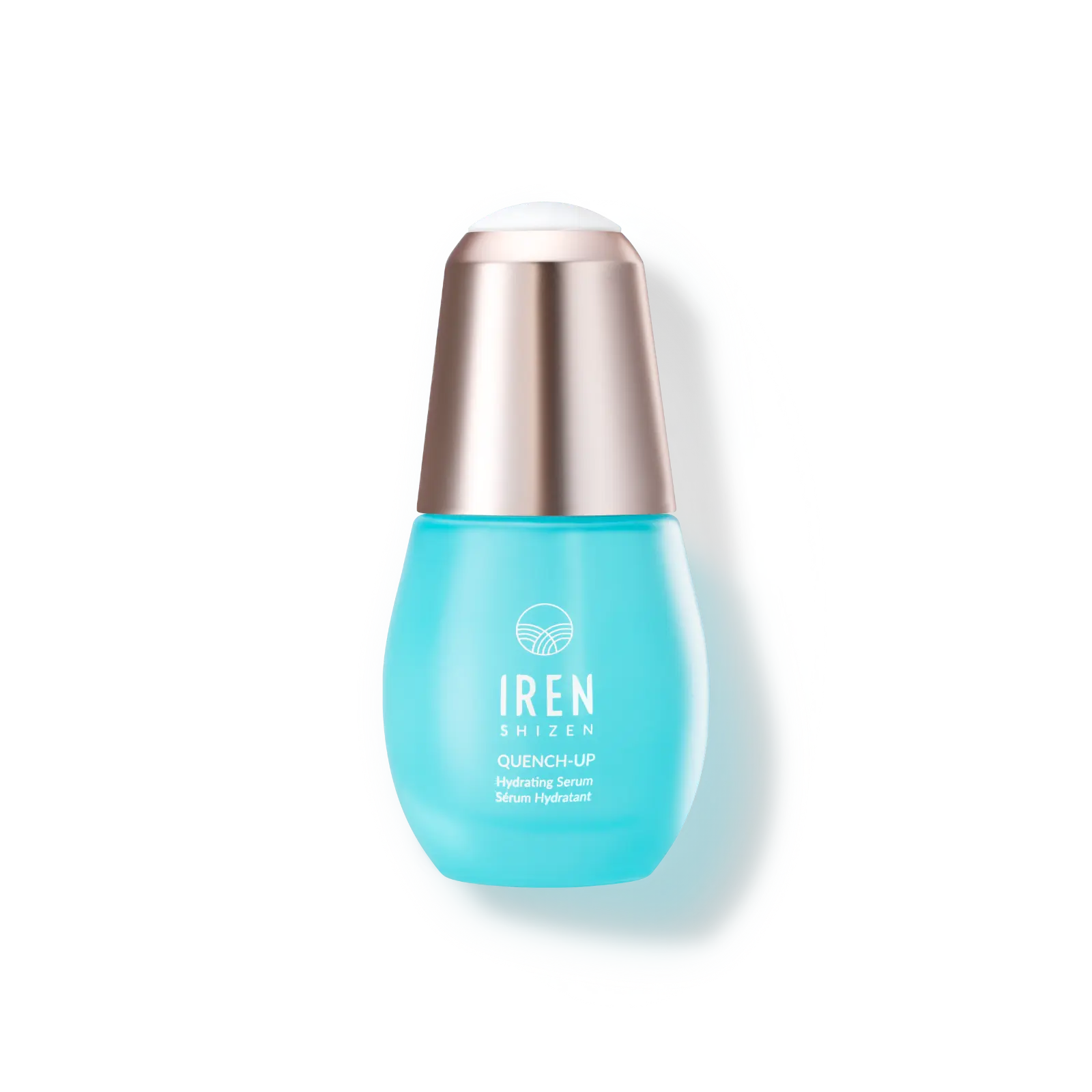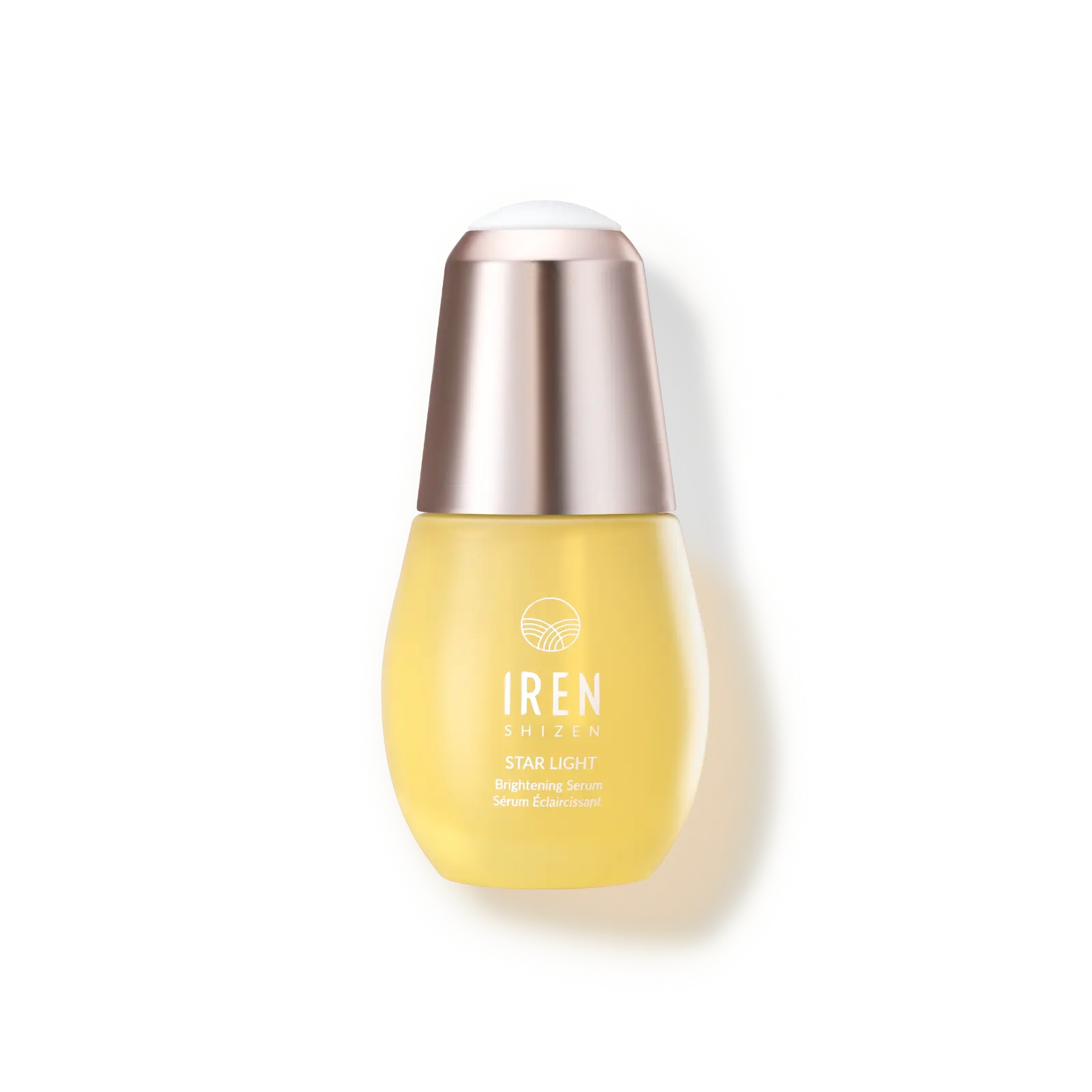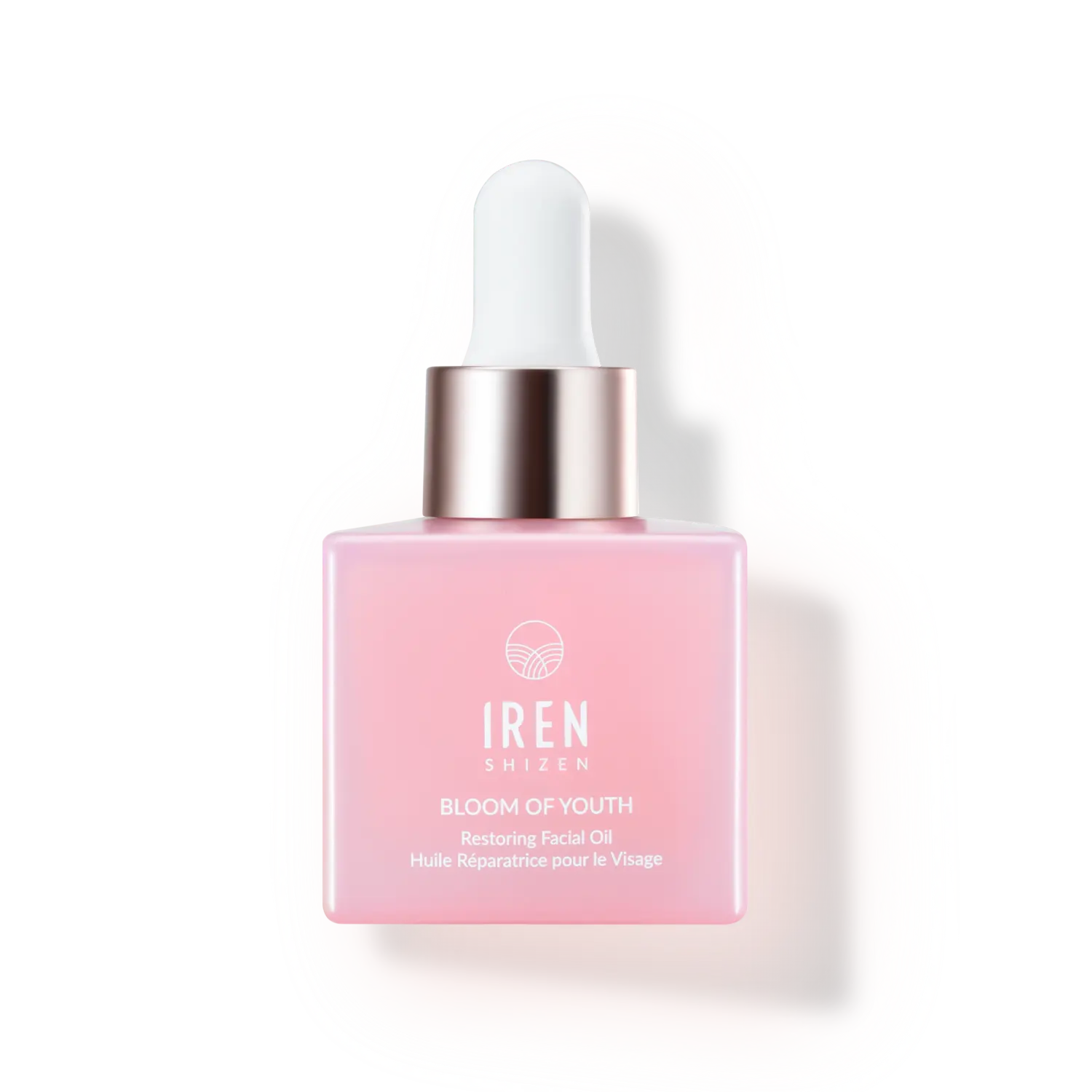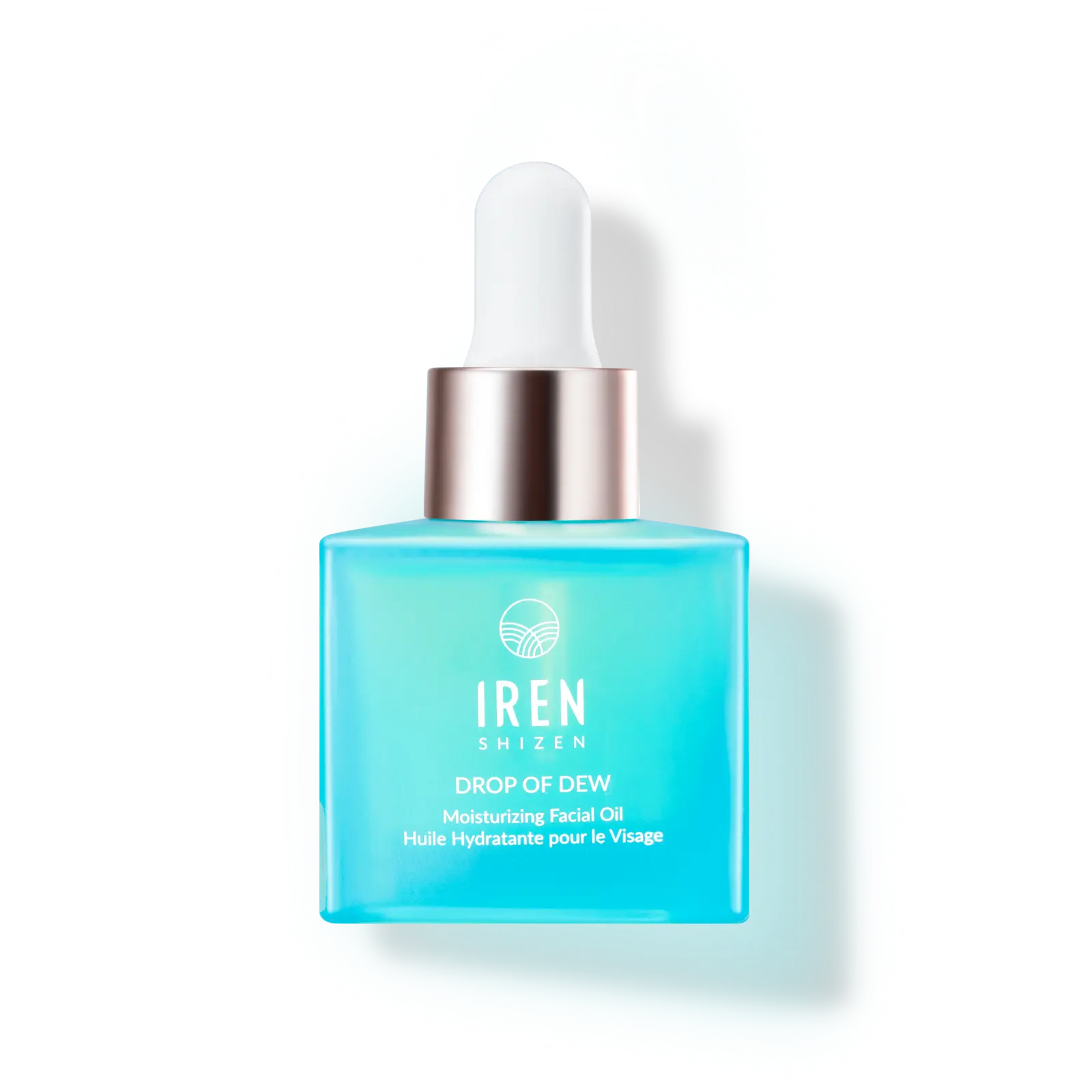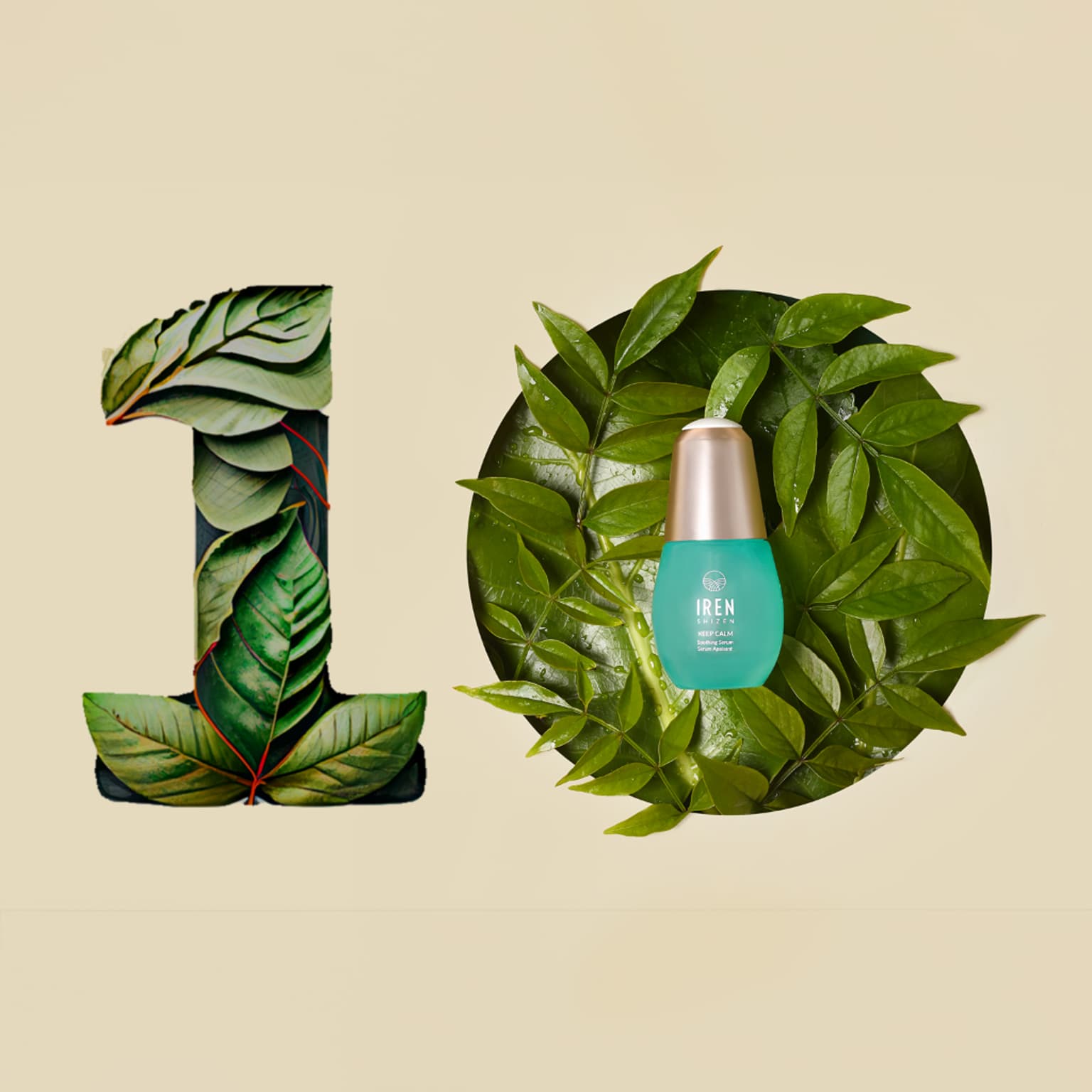Ask skincare aficionados how they feel about the use of silicone (R2SiO)n) in skincare products, and we can guarantee you’ll get mixed reactions.
With the lack of scientific evidence to back up claims and new myths added over time, it’s no wonder people are skeptical about using this synthetic ingredient in their cosmetic products.
In this article, we will deconstruct the stereotypes behind silicones to let you formulate your own opinions about the skincare ingredient.
What are silicones?

So how exactly did this notorious polymer get its reputation? Let’s go back to the start. In short, silicones are a synthetic “breathable film” derived from silica (its natural form). Just think of it as a magical coating of commonly found components in your skincare and cosmetic products if it makes it easier.
These polymers provide different functions depending on the type of silicones they are and their molecular weight and structure. The range of their purpose is endless!
Some can provide an emollient effect, while others form a water-resistant film or improve the product’s spreadability. Some also work as carrier fluids to transport ingredients onto the skin and leave behind a light, non-greasy feel.
Ultimately, silicones have been widely used in cosmetics since their involvement in the beauty industry. They generally provide a smooth feel and matte appearance, an even distribution of color, are water and rub resistant, spreadable, and sit comfortably light on your skin. They are also non-irritating and non-comedogenic, good for wound and scar healing, and cheap to produce.
Sounds too good to be true, right?
What products contain silicone?
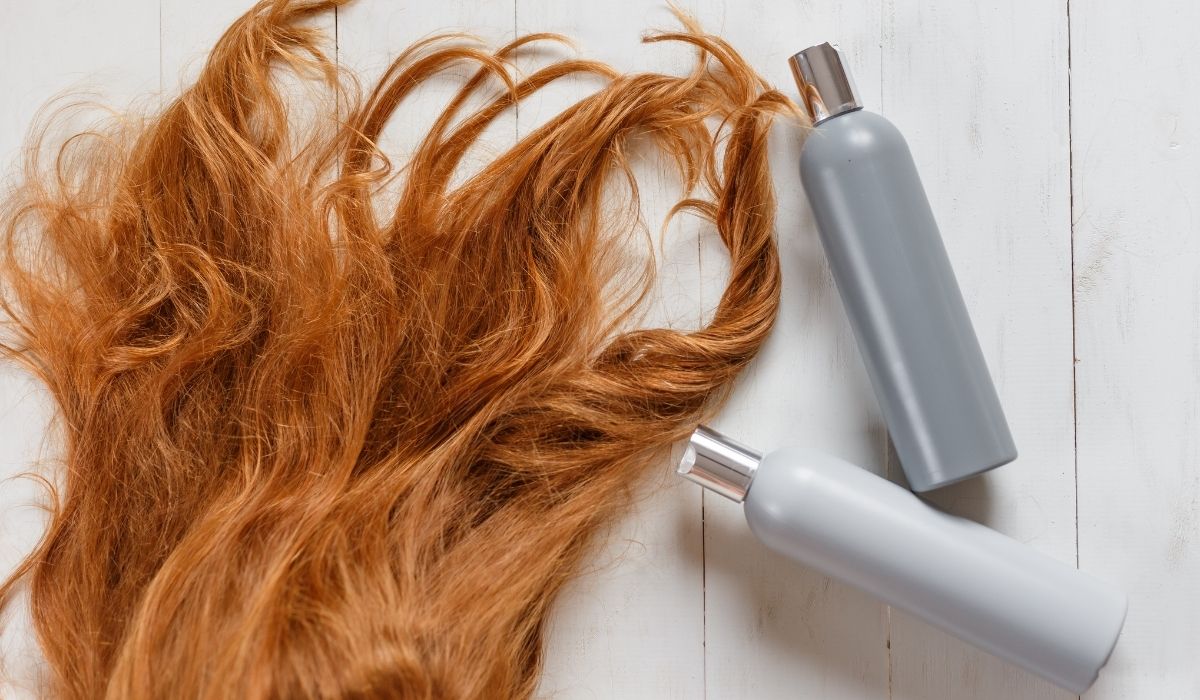
You can find silicone in a variety of cosmetic beauty products, some being:
- Moisturizer
- Makeup
- Silicone primer
- BB cream
- Foundation
- Skin protectant
- Cream
- Antiperspirant
- All-in-one shampoo
- Conditioner
- Hair care product
- Styling product for hair
Silicone also goes by many names, making it hard to identify when scanning the ingredients list of your favorite skincare product. If it helps, some of its alter-egos you can look out for include:
- Amino Bispropyl Dimethicone
- Aminopropyl Dimethicone
- Amodimethicone
- Amodimethicone Hydroxystearate
- Behenoxy Dimethicone
- bis-PEG-18 methyl ether dimethyl silane
- C24-28 Alkyl Dimethicone
- C30-45 Alkyl Dimethicone
- C30-45 Alkyl Methicone
- Cetearyl Methicone
- Caprylyl Methicone
- Cetyl Dimethicone
- Cyclomethicone
- Cyclopentasiloxane
- Cyclohexasiloxane
- Dimethicone
- Dimethicone Copolyol
- Dimethiconol
- Dimethoxysilyl Ethylenediaminopropyl Dimethicone
- Hexyl Methicone
- Hydroxypropyldimethicone
- Lauryl methicone copolyol
- Lauryl PEG/PPG-18/18 Dimethicone
- Lauryl Methicone Copolyol
- Methicone
- Phenyl Trimethicone
- Polydimethylsiloxane
- Polypropylsesquioxane
- Stearamidopropyl Dimethicone
- Stearoxy Dimethicone
- Stearyl Dimethicone
- Stearyl Methicone
- Sterile Dimethicone
- Siloxane
- Trimethylsilylamodimethicone
- Trimethicone
- Trimethylsiloxysilicate
- Triethoxycaprylylsilane
- Triethoxycaprylylsilane crosspolymer
- Vinyl Dimethicone
- Dimethicone/Vinyl crosspolymer
What is the discourse surrounding silicones?

Despite its benefits, many people still opt against using silicone in skincare and beauty products. And we can understand why; once you garner a bad reputation, it’s hard to recover from it.
The skincare community argues that the ingredient does not have any actual benefits and are very much filler ingredients that are harder to wash off and clog your pores. They also claim that silicones cause acne, mess with product layering, and are not eco-friendly.
But let’s take a look at science and see if we can dispute any of these claims, shall we?
Claim 1: Silicones don’t have actual benefits
We think this statement is true to a certain extent. Silicones do provide some benefits, but mostly at a surface level.
As we’ve mentioned above, silicones are spreadable, water and rub resistant, and provide a light, non-greasy feel on your skin. But other than that, these polymers don’t really provide any long-term advantages to you—what a shame.
Claim 2: Silicones are filler ingredients
This is unfortunately true. Silicones are categorized as inactive ingredients that are mostly used in makeup and skincare as fluff (ugh!). They honestly don’t do much for you and are not necessary to have in your skincare routine.
Claim 3: Silicones are harder to wash off
This is also true. As silicones are built to repel water, silicone-based makeup tend to be harder to rinse off.
Dimethicone, in particular, is especially heavy on the skin and leaves a residue that will take extra effort in rinsing off. It also seems that most of the time, oil cleansers or double cleansing are necessary for completely removing silicones off your skin. It seems like a nightmare if you’re always in a rush!
Claim 4: Silicones clog pores
Not entirely. Silicones do not particularly cause clogged pores, but if you were to neglect your proper cleansing rituals, there is a chance that this may happen.
And this does not just apply for silicones, but for other ingredients as well—which is why cleansing is such an essential step in your skincare routine. Yes, this is us telling you to invest in a good cleanser as well.
Claim 5: Silicones cause acne
This is not entirely true, as studies have shown that silicones haven’t been proven to worsen acne.
However, they still act as a barrier that traps oil, dirt, and dead skin cells that could potentially trigger breakouts if not taken care of. It honestly depends on your skin type.
If you don’t suffer from acne-prone skin or are not usually prone to getting breakouts, though, this shouldn’t be a problem for you.
Claim 6: Silicones mess with product layering
After looking at the facts, we found this claim to be true—which is unfortunate as most of us tend to incorporate layering into our skincare routines.
If you were to use silicone-based beauty products, they will sit on the surface of your skin and create a protective film to prevent anything else from penetrating it afterward. Thus, rendering your entire skincare regime useless (defeats the point of it in the first place!).
However, one way to counter this is to use a silicone-based product in the last step of your routine. That way, everything you’ve already layered so far will be trapped underneath it and protected.
Claim 7: Silicones are not eco-friendly
This is 100% true as silicones are bioaccumulative substances.
What this means is that once you wash the polymers off your face or hair, its residue will contribute to the gradual accumulation of sludge in our waterways and pollute our water for years to come. And isn’t it about time we moved towards more sustainable skincare practices?
The Verdict
From what we’ve gathered, it would seem that silicones aren’t all too good for us. There are definitely some truths to the skincare community’s perception of the polymer.
However, there is still a lack of scientific evidence to prove that silicone is detrimental to our skin health. As for now, most of its cons involve surface-level effects. They are not as bad as triclosan, for example, in terms of them having adverse health effects like cancer. Because of this, it is not a must to eliminate silicones from your skincare routine, unless you have sensitive skin.
At the end of the day, silicones are hypoallergenic and safe ingredients that mostly affect people with sensitive and acne-prone skin. Everyone’s skin is different, and what works for you may not work for someone else, so it’s really up to you whether or not you want to continue using it.
Our advice?

It’s always best to avoid using controversial ingredients. Because your skin is so precious, it is definitely worth investing in products that you know are 100% safe.
There are also alternatives to the many skincare ingredients in the market. As for silicone, you can find substitutes in marine-based products and essential oils.
As the most notable effect of silicone is the smooth feel you get on your skin once applied, we can guarantee that there are other products in the industry that can provide the same feeling. A few drops of serums or oil (rosehip especially) to your foundation, for example, can also improve the spreadability and hydration it provides.
Additionally, silicones don’t provide significant benefits to your skin, and we don’t think it’s worth taking the risk. They are also not eco-friendly, which is simply not the vibe now that everything is headed towards sustainable consumerism. Ultimately, we feel that silicone-free brands (like us) are still your best bet in eliminating this polymer from your life.
| Want to find out about IREN Shizen's 7 no-no ingredients? You can read all about them here: |







